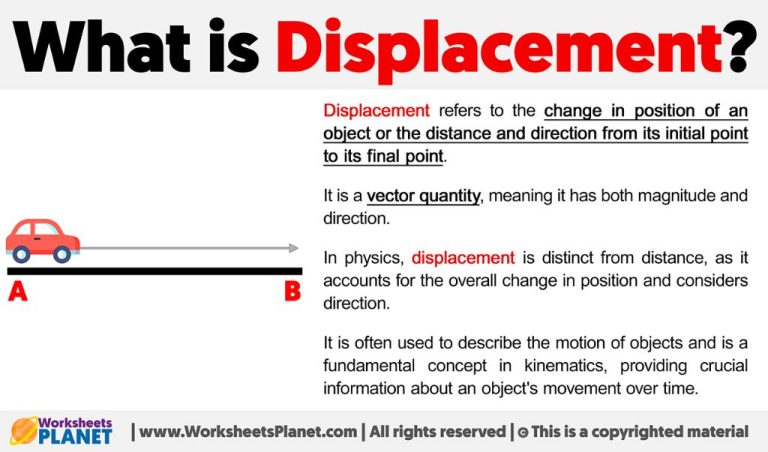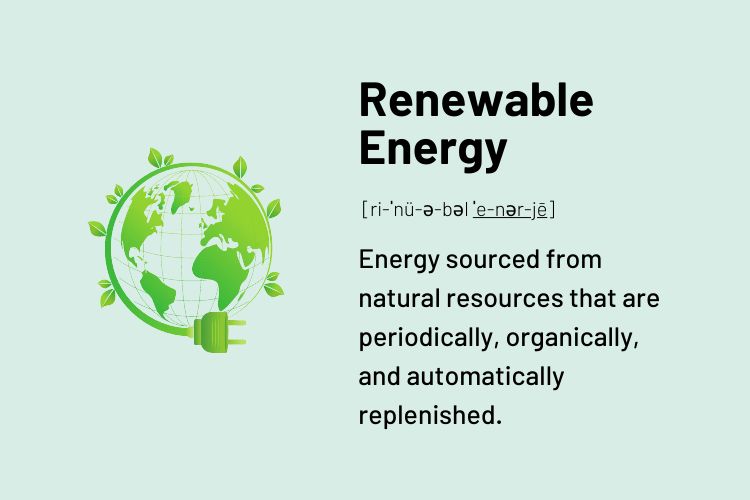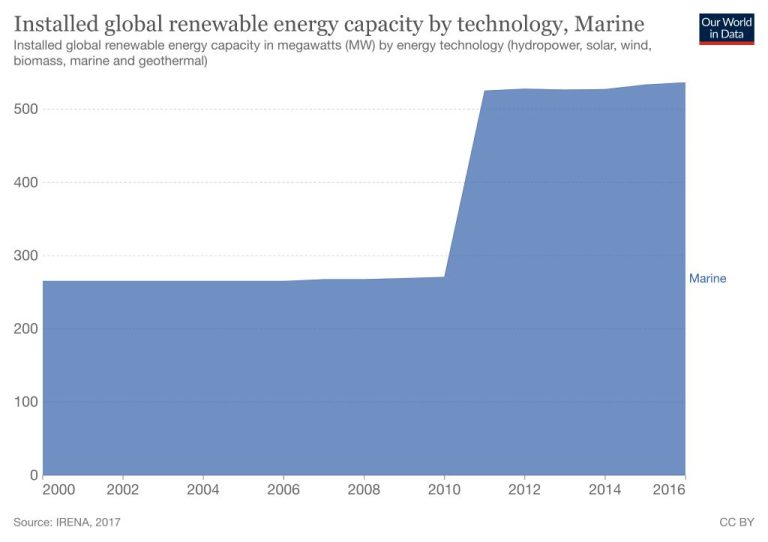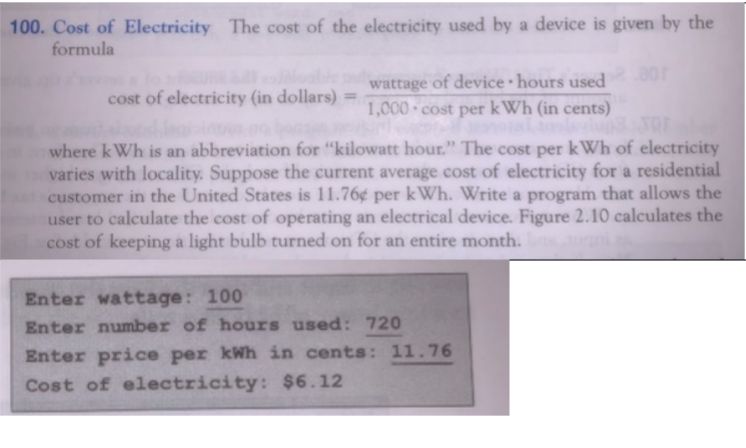What Is The Si Unit Of Energy Watt-Hour?
A watt-hour (Wh) is a unit of energy equivalent to one watt of power sustained for one hour. It is commonly used to measure electricity consumption, the energy capacity of batteries, and the power output of devices.
The watt-hour represents the energy consumed by a one watt appliance running for one hour. For example, a 60-watt light bulb running for one hour consumes 60 watt-hours of energy. The watt-hour is useful for billing electricity usage, comparing the energy efficiency of appliances, and determining battery capacities.
This article will provide an overview of the watt-hour unit, its history and relationship to watts, its common uses and conversions, how it’s calculated, examples of its usage, standardization, and clarification on common confusions about the term.
History
The watt-hour originated in the late 19th century during the early days of electrical engineering. As electrical devices became more prevalent, engineers needed a way to quantify electrical energy usage over time. The concept was likely coined by French physicist Hippolyte Fontaine, who published a book in 1884 titled “Units of Measurement: Electric and Magnetic Quantities”. In this book, Fontaine defined the watt-hour as the amount of energy consumed by a power of one watt over the duration of one hour.
While the exact origins are unclear, the term “watt-hour” itself came into widespread use in the 1890s as electrical power grids expanded across Europe and North America. As utilities began charging customers for electricity usage per hour, the watt-hour became an essential unit for billing purposes. The definition was later formalized and adopted as an official SI unit at the International Electrical Congress in 1893. Since then, the watt-hour has seen universal adoption and is now a fundamental unit for measuring all forms of electrical energy worldwide.
Relation to Watts
The watt-hour is a unit of energy, while the watt is a unit of power. Power is the rate at which energy is transferred or converted per unit of time. So watts measure power – how fast energy is being used or produced at any given moment.
Watt-hours measure energy – the total amount of energy used or produced over time. One watt-hour is equal to one watt of power sustained for one hour. For example, a 100-watt light bulb uses 100 watts of power. If that 100-watt bulb is left on for one hour, it uses 100 watt-hours of energy (100 watts x 1 hour).
So in summary, the watt measures instantaneous power, while the watt-hour measures accumulated energy over time. Watt-hours are simply watts multiplied by hours to quantify how much total energy was used.
Uses
Watt-hours are commonly used for measuring electricity consumption. Electricity meters track the electric energy used over time in watt-hours. Utility companies then bill customers based on the number of watt-hours used.
Watt-hours are also useful for rating battery capacity. Batteries are able to store and discharge energy over time. The total energy storage capacity of a battery is often given in watt-hours. For example, a 12V 100Ah battery can deliver 1,200 watt-hours of energy (12 volts x 100 amp-hours).
In physics, watt-hours are handy for calculating the total energy used or produced in power calculations. By multiplying power in watts by time in hours, you can find the total energy in watt-hours. This allows easy comparisons of energy usage across different amounts of time.
Overall, watt-hours are applied anytime you need to measure electrical energy usage, storage, or production over time. The watt-hour is a standardized unit that allows apples-to-apples energy comparisons even if the time duration differs.
Conversions
The watt-hour is commonly used in calculations and conversions between other energy units. Here’s how to convert between watt-hours and some other common energy units:
-
Joules – 1 watt-hour is equivalent to 3600 joules. To convert watt-hours to joules, multiply the watt-hours by 3600.
-
Kilowatt-hours – 1 kilowatt-hour is equal to 1000 watt-hours. To convert between kilowatt-hours and watt-hours, divide or multiply by 1000.
-
Horsepower-hours – 1 horsepower-hour is equivalent to approximately 2,545 watt-hours. To convert between horsepower-hours and watt-hours, multiply or divide by 2,545.
-
British thermal units (BTUs) – 1 watt-hour is approximately 3,412 BTUs. To convert watt-hours to BTUs, multiply by 3,412.
Keep these conversion factors handy when you need to quickly convert watt-hours to or from other common energy units.
Calculations
To calculate watt-hours, you need to know the power (watts) and the amount of time the power is used for. The basic formula is:
Watt-hours = Watts x Time
For example, if a 100 watt light bulb is left on for 5 hours, the energy usage would be:
Watt-hours = 100 watts x 5 hours = 500 watt-hours
You can also calculate watt-hours from voltage, current, and time using this formula:
Watt-hours = Volts x Amps x Time
For example, if a device draws 2 amps of current at 120 volts for 30 minutes (0.5 hours), the energy usage would be:
Watt-hours = 120 volts x 2 amps x 0.5 hours = 120 watt-hours
So in summary, if you know the power rating in watts, use the watts x time formula. And if you know volts, amps, and time, use the volts x amps x time formula.
Examples
Here are some illustrative examples of watt-hour calculations:
Light Bulb
A 60W light bulb used for 5 hours uses 60 x 5 = 300 watt-hours of energy.
Electric Oven
An electric oven with a heating element rated at 2200W used for 1.5 hours uses 2200 x 1.5 = 3300 watt-hours of energy.
Laptop Computer
A laptop rated at 45W used for 3 hours uses 45 x 3 = 135 watt-hours of energy.
Electric Car
An electric car with a 60 kWh battery driven for 20 miles at an efficiency of 0.30 kWh/mile uses 20 x 0.30 = 6 kWh or 6000 watt-hours of energy.
Standardization
The watt-hour is standardized globally based on the International System of Units (SI). The SI defines the watt-hour alongside other SI base units like the meter, kilogram, and second. Specifically, the SI defines the watt-hour as the product of 1 Watt multiplied by 1 hour, equal to 3600 Joules. The SI also standardizes prefixes like kilo, mega, and giga to scale units up and down. So 1 kilowatt-hour is 1000 watt-hours. The SI was established by international agreement in 1960 and is overseen by the International Bureau of Weights and Measures. The watt-hour and other SI units enable standardized measurement and communication in science, trade, and industry.
Common Confusions
There are a few common mistakes and misconceptions people have about watt-hours that are important to clarify:
Mixing Up Watts and Watt-Hours
A common mistake is misunderstanding the difference between watts and watt-hours. Watts are a measure of power, whereas watt-hours measure energy over time. Power is the rate at which energy is transferred or consumed. So you can’t directly convert between watts and watt-hours without a time component.
Assuming Watt-Hours Measure Electricity Usage
Some think that watt-hours specifically refer to electricity usage over time. But watt-hours can measure any energy consumption, not just electrical. For example, a 100-watt light bulb used for 5 hours consumes 500 watt-hours of energy. But a 100-watt bicycle rider exerting 100 watts of power for 5 hours also expends 500 watt-hours of energy.
Not Accounting for Time
Since watt-hours depend on both power (watts) and time, you can’t determine energy consumption in watt-hours without knowing the time duration. Converting watts to watt-hours requires multiplying the power by the number of hours it is used. Simply knowing power output in watts is not enough.
By clarifying these common mistakes, we can better understand how to properly use and convert between units of power and energy over time.
Conclusion
In summary, the watt-hour is a fundamental unit of energy that measures the amount of work done over time by a power source at a rate of 1 watt. While watts measure instantaneous power, watt-hours allow us to quantify energy usage and consumption over time. The concept is crucial for electrical billing, appliance comparison, and assessing power needs. By standardizing energy units, we can reliably calculate and compare energy usage across many domains. The watt-hour helps engineers, scientists, businesses, and consumers quantify and manage energy in our electrified world.
The importance and significance of the watt-hour lies in its ubiquitous usefulness. As a standardized SI unit, it provides a common basis for measuring energy and work over time. This enables apples-to-apples comparisons between energy sources, technologies, processes and more. The watt-hour is essential for energy metering and billing, allowing utilities to charge customers based on energy consumed. Appliance energy ratings are also commonly expressed in watt-hours, allowing consumers to compare energy efficiency. Overall, the adoption of the watt-hour has streamlined measurement, management and communication regarding energy usage worldwide.







